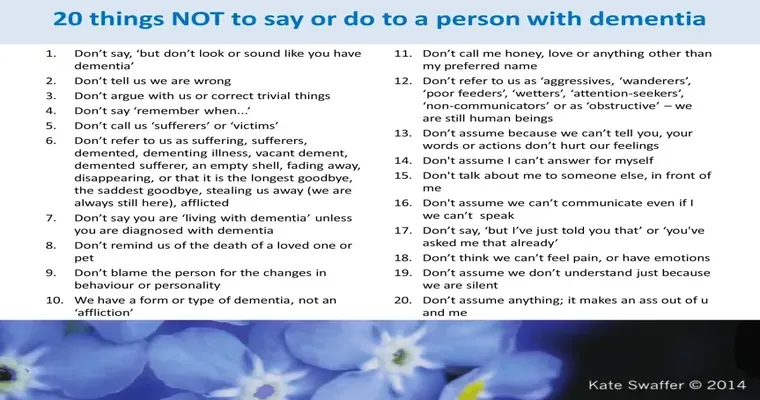If you suspect that someone you care about may be experiencing "dementia", it can be a challenging and emotional situation. "Dementia" is a term that describes a range of symptoms affecting memory, thinking, and social abilities. Early recognition and support are crucial in managing the condition effectively. In this article, we will explore the steps you can take if you suspect someone has "dementia".
Observe Behavioral Changes
The first step is to carefully observe the individual for any noticeable changes in behavior. Look for signs such as forgetfulness, difficulty in completing familiar tasks, confusion about time or place, and changes in mood or personality. Documenting these changes can be helpful when discussing concerns with healthcare professionals.
Have an Open Conversation
Once you have identified potential signs of "dementia", approach the individual with compassion and understanding. It is essential to have an open conversation about your observations without being confrontational. Use "I" statements to express your concerns, such as "I have noticed you seem more forgetful lately." This approach can help the person feel less defensive and more willing to discuss their experiences.
Encourage a Medical Evaluation
If your concerns persist, encourage the individual to seek a "medical evaluation". A healthcare professional can conduct a thorough assessment, which may include cognitive tests, medical history reviews, and possibly brain imaging. It is essential to approach this step gently, as the individual may be in denial about their condition.
Provide Support and Resources
If a diagnosis of "dementia" is confirmed, it is crucial to provide ongoing support to the individual. Offer to accompany them to appointments and assist in understanding their diagnosis. Share resources such as support groups, educational materials, and local organizations dedicated to helping those with "dementia" and their families.
Create a Safe Environment
As the condition progresses, it is essential to create a safe environment for the individual. Remove potential hazards and ensure that the living space is organized and easy to navigate. Consider implementing routines to help the person feel more secure and reduce confusion.
Stay Patient and Understanding
Dealing with "dementia" can be frustrating for both the individual and their loved ones. It is essential to practice patience and understanding as the person may experience mood swings and confusion. Engage with them in a way that respects their dignity and promotes their well-being.
Plan for the Future
As the condition advances, it is crucial to discuss future care plans. This may include legal and financial considerations, as well as preferences for long-term care. Involve the individual in these discussions as much as possible to ensure their wishes are respected.
Conclusion
Suspecting that someone has "dementia" can be overwhelming, but taking proactive steps can make a significant difference. By observing behavioral changes, having open conversations, encouraging medical evaluations, and providing support, you can help your loved one navigate this challenging journey. Remember, early intervention and compassionate care are vital in managing "dementia" effectively.





